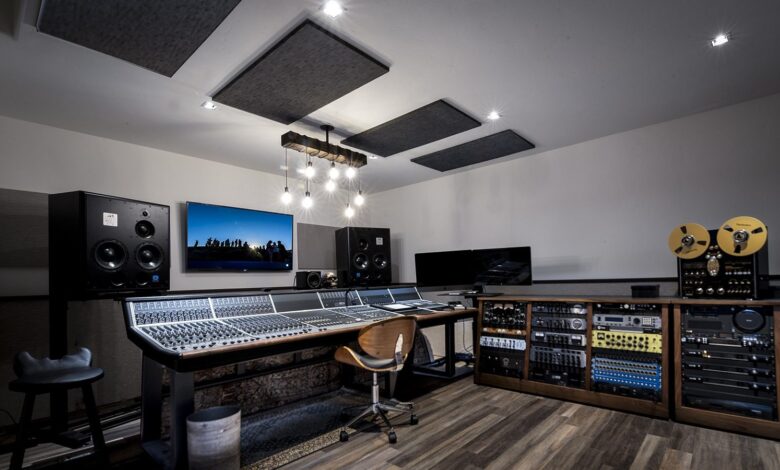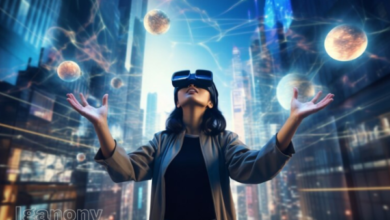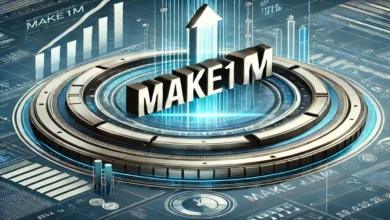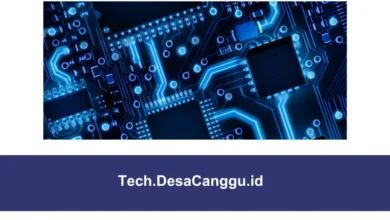
The integration of artificial intelligence (AI) into various industries has sparked a wave of innovation and transformation. One area experiencing significant change is voice-over production, including in facilities like a Dubai recording studio. As AI technology advances, the potential for automating voice-over tasks is becoming increasingly viable. This blog explores whether voice-over can be automated with AI, delving into the benefits, challenges, and future implications for the industry.
1. The Evolution of AI in Voice Over
AI technology has come a long way in recent years, particularly in the field of natural language processing (NLP) and speech synthesis. These advancements have enabled AI systems to generate human-like voices with remarkable accuracy. Early iterations of AI-generated speech were often robotic and unnatural, but today’s AI voices are nearly indistinguishable from human recordings. This progress has opened the door for AI to play a significant role in voice-over production.
2. Benefits of AI in Voice Over Production
Automating voice-over tasks with AI offers numerous advantages. First and foremost, it significantly reduces production time. Traditional voice-over requires hours of recording, editing, and post-production work, whereas AI can generate voice-overs almost instantaneously. This speed can be particularly beneficial for projects with tight deadlines.
Another key benefit is cost efficiency. Hiring professional voice actors and booking studio time can be expensive. By contrast, AI-generated voice-overs require a one-time investment in technology, leading to long-term savings. Additionally, AI can produce multiple language versions of a script quickly, aiding in global content distribution.
3. Challenges of AI-Generated Voice Overs
Despite the advancements, there are still challenges to fully automating voice-over production with AI. One of the main issues is the lack of emotional nuance. Human voice actors can convey subtle emotions and inflections that AI still struggles to replicate. This limitation can be a significant drawback for projects that require a high degree of emotional engagement, such as audiobooks or dramatic narrations.
Another challenge is the potential for AI-generated voices to lack authenticity and warmth. While AI can mimic human speech patterns, it often falls short in delivering the same level of authenticity that a human voice provides. This can be a crucial factor for certain types of content where a personal touch is essential.
4. Current AI Voice Over Technologies
Several AI-driven voice-over technologies are currently available, each with its own strengths and weaknesses. Companies like Google, Amazon, and Microsoft have developed advanced text-to-speech (TTS) systems that utilize deep learning algorithms to produce high-quality voice-overs. These systems are capable of generating a wide range of voices, including different accents and dialects.
Moreover, specialized platforms such as Respeecher and Descript offer tools specifically designed for voice-over production. These platforms provide users with customizable options, allowing them to fine-tune the AI-generated voices to better match their project’s requirements.
5. Real-World Applications of AI Voice Overs
AI-generated voice-overs are already being utilized in various industries. In the entertainment sector, AI voices are used for dubbing films and TV shows into multiple languages. This not only speeds up the localization process but also ensures consistency across different versions.
In the corporate world, AI voice-overs are employed for creating training materials, promotional videos, and automated customer service responses. These applications demonstrate the versatility of AI in producing professional-quality voice-overs efficiently and cost-effectively.
6. The Role of Human Voice Actors
Despite the growing capabilities of AI, human voice actors still play a crucial role in the industry. For projects that require a high level of emotional expression and creativity, human talent remains irreplaceable. Voice actors bring unique characteristics and personal flair that AI cannot replicate.
Moreover, many clients prefer the authenticity and warmth of a human voice, particularly for branding and marketing purposes. Dubai voice over studios, for instance, continue to thrive by offering high-quality, personalized voice-over services that cater to the specific needs of their clients.
7. AI and the Future of Voice Over Studios
The future of voice-over studios, including those in Dubai, will likely involve a hybrid approach that combines AI technology with human talent. Dubai recording studios are already embracing AI to streamline certain aspects of production while maintaining a core team of skilled voice actors for more complex projects.
This hybrid model allows studios to offer a wider range of services, catering to both cost-conscious clients seeking quick turnarounds and those requiring premium, emotionally rich voice-overs. As AI technology continues to improve, the collaboration between AI and human actors will likely become more seamless, enhancing the overall quality and efficiency of voice-over production.
8. Ethical Considerations
The rise of AI in voice-over production also raises ethical considerations. Issues such as voice cloning and deepfakes have garnered significant attention. It’s crucial for the industry to establish guidelines and standards to prevent misuse of AI-generated voices.
Consent and transparency are key. Voice actors should have control over how their voices are used and be compensated fairly. Additionally, content creators must disclose when AI-generated voices are used to maintain trust and credibility with their audience.
Final Thoughts
In conclusion, AI has the potential to revolutionize voice-over production by offering speed, cost efficiency, and versatility. However, it cannot fully replace the unique qualities and emotional depth that human voice actors bring to the table. The future of the industry lies in a balanced integration of AI and human talent, ensuring that the strengths of both are utilized effectively.
For those seeking professional voice-over services, Dubai recording studios offer a blend of cutting-edge technology and skilled voice actors to meet diverse needs. As AI continues to evolve, the collaboration between technology and human creativity will shape the future of voice-over, delivering high-quality, engaging, and authentic audio content.
Also read : PPC Management Services UK: Marketing Agency for Large Businesses



